Crip News v.121
Black disability history, new works, other news, calls, events, and intensities. Thanks for being here.
We are in the final few days of Black History Month in the U.S. I often worry about the political neutralization in large-scale calls for “celebration” or “awareness” of violent histories that are very much still with us. Big glosses on Black disability history can miss what abolitionist organizer TL Lewis has taught us about anti-Blackness at the heart of ableism.
Thinking with specificity, here are a few things to check out before February is over:
Dennis Billups, called a “spiritual leader” of the 504 movement, recently discussed the role of the Black Panthers in the 1977 protests at an event by the Othering & Belonging Institute.
The current issue of Disability Studies Quarterly reaches for “New Histories and Theories of Race and Disability,” including articles that look at Black and Indigenous history from the Keller Plantation and the handwritten letters of Black women theorizing disability in early 20th century Alabama prisons.
A new obituary in The New York Times’ Overlooked series celebrates the life of disabled tap dancer Henry Heard, a popular act in the 40s and 50s in the U.S. and Canada, who proudly claimed the term “crip.”
NEWS
New Works
Let’s try a breakdown by form this week.
Text
The excellent newsletter Disability Debrief stewarded by Peter Torres Fremlin has several new issues, including one about AI, anti-work, global safety net failures, and disability poetics. The most recent issue lays out what we know so far about the management crisis at that International Disability Alliance.
In My Withered Legs and Other Essays by Sandra Gail Lambert, out this week from University of Georgia Press, “a seventy-year history of disability is threaded and intertwined with writing that celebrates lesbian love, explores the slapstick moments of life, and shares the obstacles and triumphs of becoming a writer later in life.” Sandra has also shared an 8-part series on publishing an essay collection in her newsletter.
Bless the Blood: A Cancer Memoir by Walela Nehanda, a debut young adult poetry and essay collection “about a Black cancer patient who faces medical racism after being diagnosed with leukemia in their early twenties,” is out from Penguin Random House. Nehanda also recently published an essay called “Why I Stopped Being A ‘Good’ Cancer Patient” in Time.
Bowen Cho from Neurodivergent-U has published a 2023 report on disability in higher education, surveying students at 106 universities. The highest scoring institution achieved less than 35% of of the total possible points.
Audio
On the recently launched WBFO Disabilities Beat, reporter Emyle Watkins interviews Shannon Filbert, a new family court judge who is disabled, and lays out what family court is like for parents and kids with disabilities. [Transcript and plain language description available.]
The World’s Bianca Hillier reports on a turn toward “more exploratory and diverse audio descriptions”. [Audio only.]
Video/Film
In a new video on Creative Industries Fund NL's Talent Platform, Amsterdam-based chronically ill artist Pernilla Manjula Philip tours the creative possibilities in medical device hacking and design.
Imperfect, a documentary directed by Regan Linton and Brian Maloneabout that follows disabled artists staging a production of the musical Chicago, is now available to stream via Tubi.
Performance
Aotearoa New Zealand-based Touch Compass will present the world premiere of AIGA, a show that draws from the life of Lusi Faiva, a tama'ita'i Samoan disabled artist with European heritage, and her collaborators Iana Grace Pauga, Forest V Kapo (Te Atiawa, Ngāti Raukawa), Alex Medland (Kai Tahu), and Fiona Collins.
Ahead of Private View by Restless Dance Company running from Feb. 29 to Mar. 9 at Adelaide Festival in Australia, Walter Marsh profiled the disabled dancers’ explorations of sex and love in The Guardian.
In Other News…
The government of Zimbabwe recently called for expanded use of sign language, spotlighting the work of disabled artists to break down the communication barriers around “ngano dzedu,” or folktales shared in childhood.
Cripping_CG, “a collective of disabled artists and access workers researching, creating, and archiving at the intersection of disability and computer graphics,” is in the newest cohort of Eyebeam’s Democracy Machine fellowship.
CALLS
Philadelphia-based Liberty Resources has launched a campaign to “expose a transportation crisis caused by drivers who illegally park at bus stops, blocking people with disabilities from safely accessing public transportation.” To share your blocked bus stop photo or video with Liberty Resources, email LaurenAlden@libertyresources.org or post on X (Twitter), Facebook, or Instagram using the hashtag #BlockedBusStop.
Artists In Resistance NYC, a disabled-led Covid safety group, is fundraising for an air purifier lending library coming this spring that will cover 10,000 square feet of space. Donate here.
SICK Magazine is seeking submissions from sick/chronically ill/mentally ill/disabled folks through March 10. More here.
Justice in Aging is hiring a full-time Education and Training Associate. Review begins today, Feb. 26. More here.
The Inevitable Foundation is seeking applications from mid-level disabled screenwriters for its Accelerate Fellowship, which includes $35,000 in unrestricted funding. More here.
EVENTS
Judy Heumann Memorial Weekend
Saturday March 2 & Sunday March 3, in-person in San Diego
Indoor Sports Club, a 100 year old disability social club in the heart of San Diego, is hosting several events this weekend honoring Judy Heumann, including an outdoor screening of Crip Camp. For more info, watch the Instagram page of the new organization’s sponsor, Cripple Productions.
With Us: Artists with Disabilities on Caring for Ourselves and Our Community
Tuesday, Feb. 27, 6:30 - 8pm ET, on Zoom
This event, sponsored by Springboard for the Arts, is an online discussion that will focus on strategies for self-care as disabled artists, and caring for one’s own mental, emotional, physical, environmental, spiritual, recreational, and social well-being. We’ll also address how disabled people care for each other and their communities. Featuring Esther Callahan, Christi Furnas, Alejandra (Tobar Alatriz), and Alison Bergblom Johnson.
Empowerment Through Practice in Fashion
Friday, March 1, 6 - 7pm ET, in-person at The Met Museum and streaming live on YouTube
Join a panel of experts and advocates working in the fashion industry as they discuss concerns related to accessibility, sustainability, and the collective nature of design. Mellissa Huber, co-curator of the exhibition Women Dressing Women, moderates a conversation with the panel after a series of short presentations from Sinéad Burke (CEO and Founder, Tilting the Lens), Grace Jun (CEO and Board Member, Open Style Lab), and Amanda Lee (Senior Director of Market Access and Sourcing, Nest).
Disability-Inclusive Activities in Metro Detroit
Various dates and times
Visit Detroit rounded up several access-oriented events, including the Minding Our Media monthly discussion club hosted by Detroit Disability Power.
Friday, March 1 is the Disability Day of Mourning, an annual event to remember the victims of filicide – people with disabilities killed by their family members. You can find over 1,900 names of the dead and the link to ASAN’s 2024 Anti-Filicide Toolkit at disability-memorial.org.
Rest in power, Brooke Ellison.
Disabled media icon Wendy Williams has recently sounded the alarm on misconduct by Wells Fargo in her ongoing guardianship, something that Imani Barbarin breaks down as a commonplace form of disability abuse.
The U.S. CDC is planning to drop its 5-day Covid isolation guidelines.
The Washington Post’s Amanda Morris recently reported on long Covid’s impacts on relationships and intimacy.
Whitney Lee’s contribution to the Voices of Disability Economic Justice Project looks at the harms of welfare shaming.
Disabled artist Selma Blair’s Islamophobia and racism have been the discussion of many in disability communities recently. Stephanie Kaloi gives a recap and Maria Town recounted her attempt to address the bigotry with the actress directly.


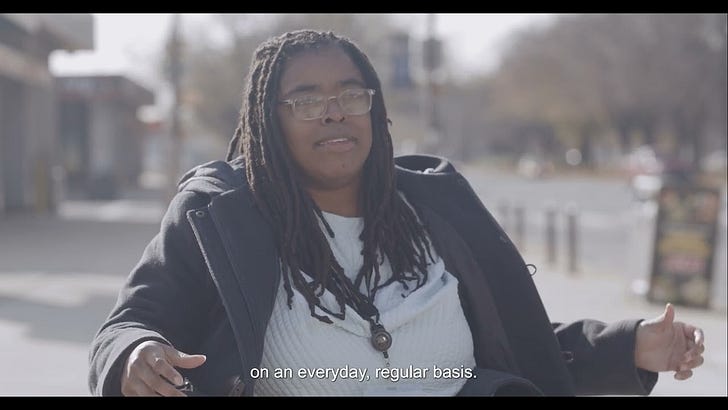

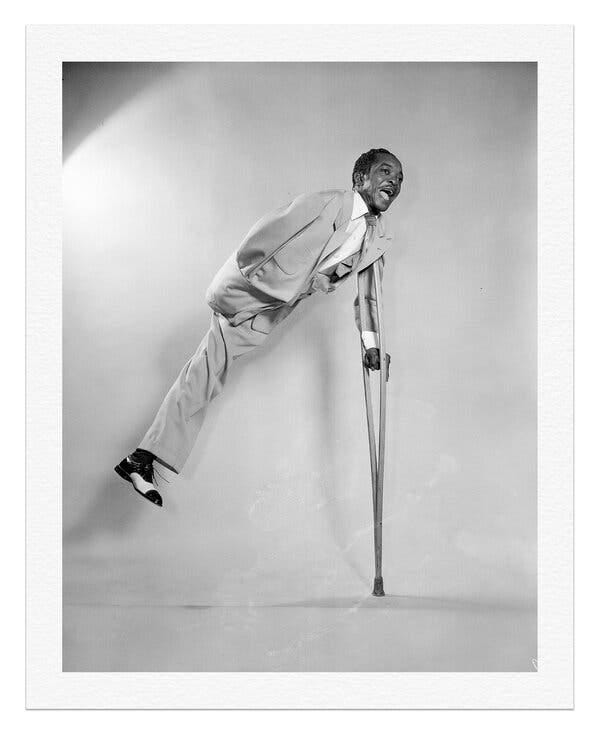
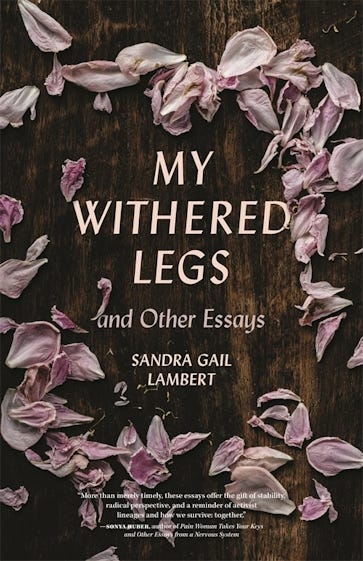
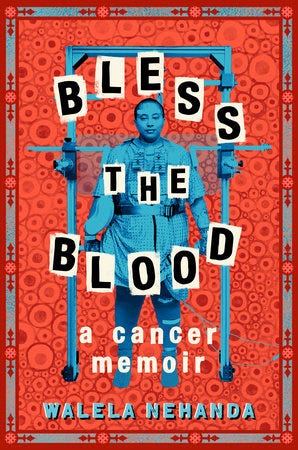

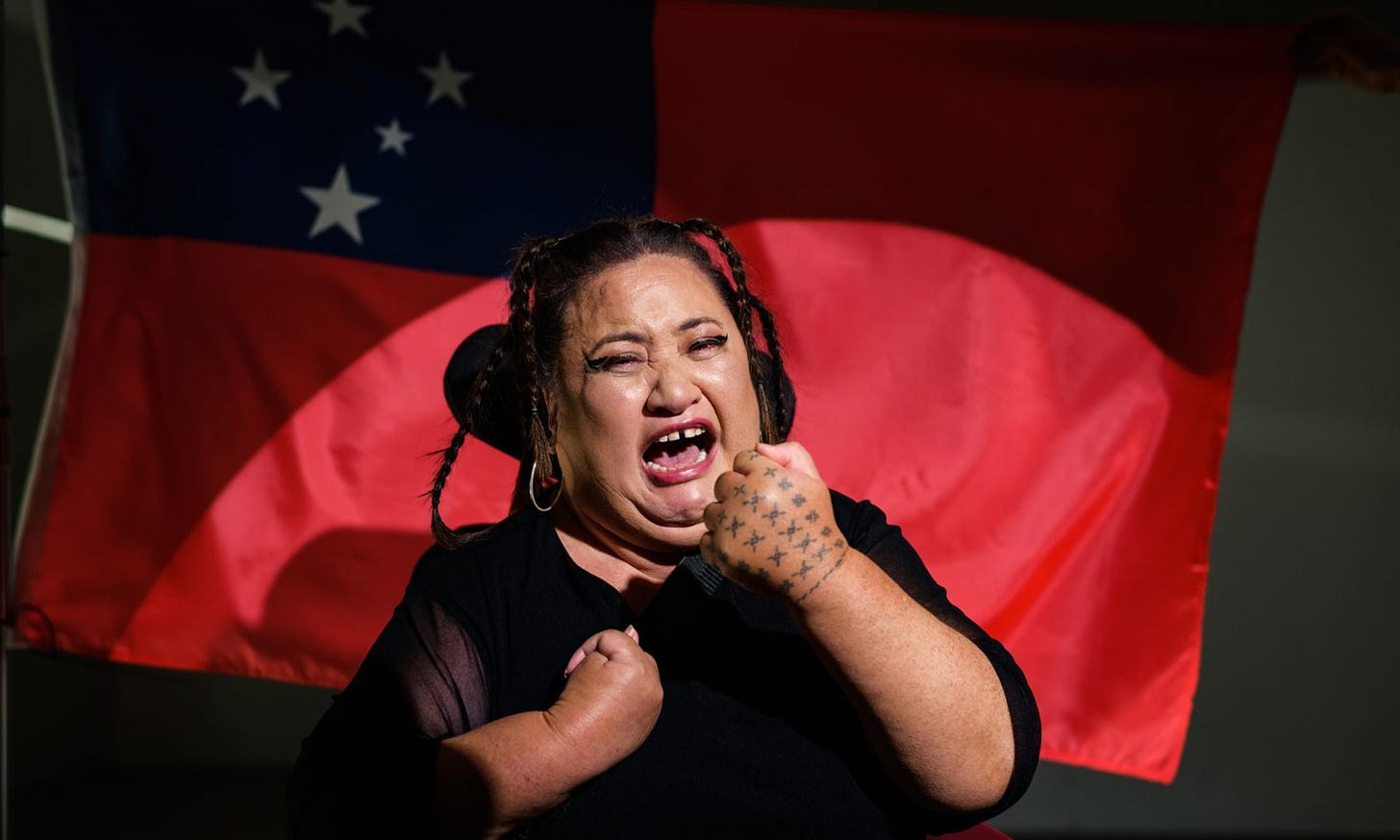
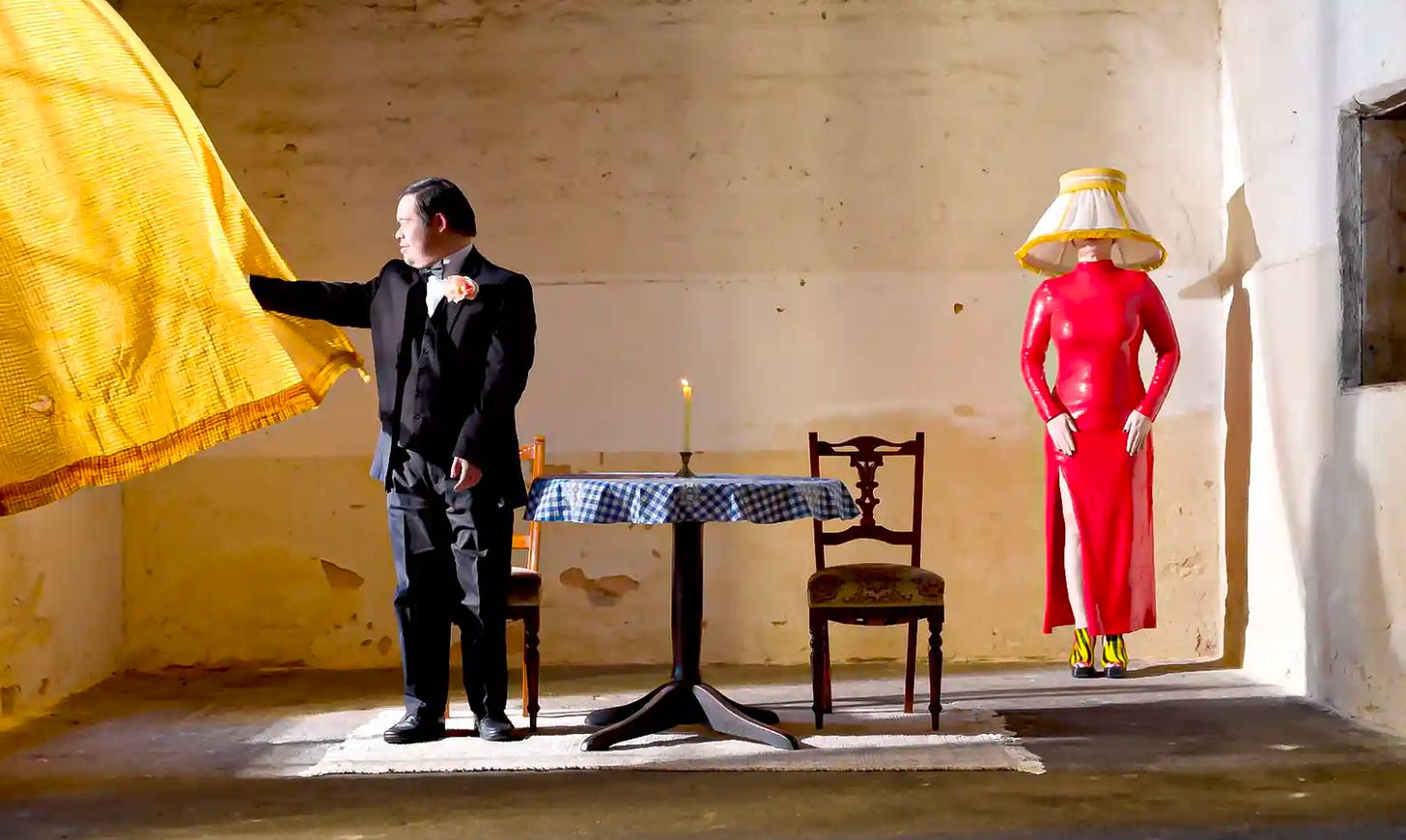
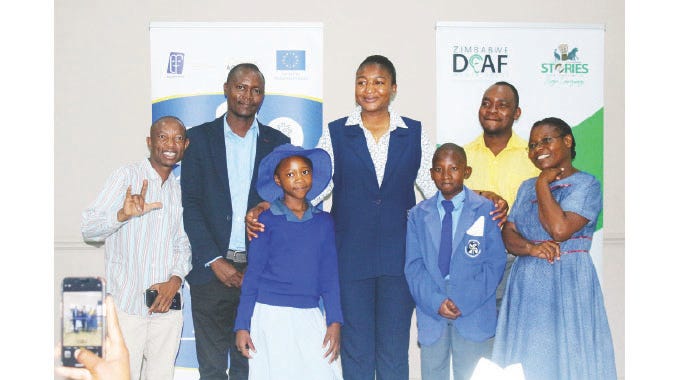
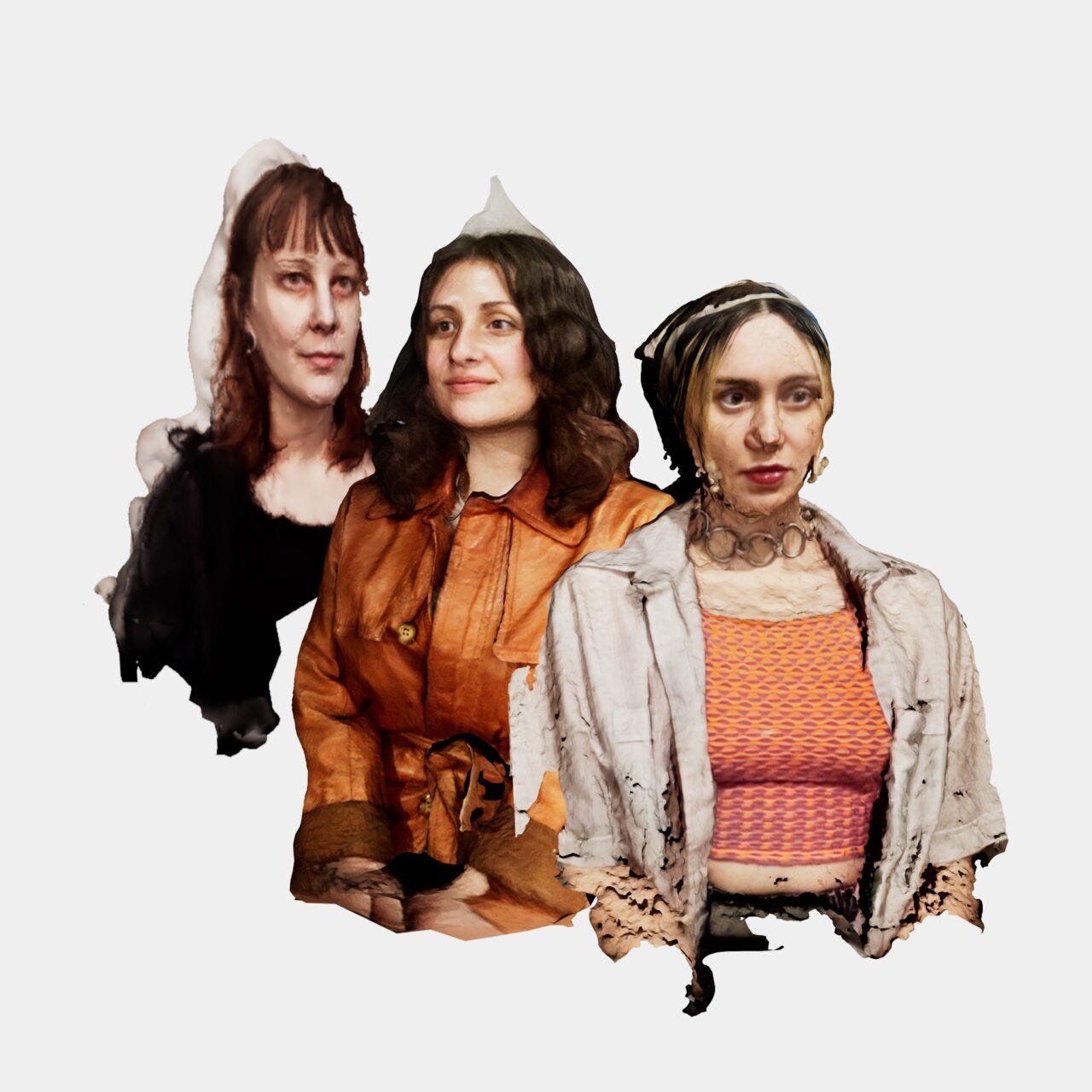


Kevin, Thanks for mentioning my book!